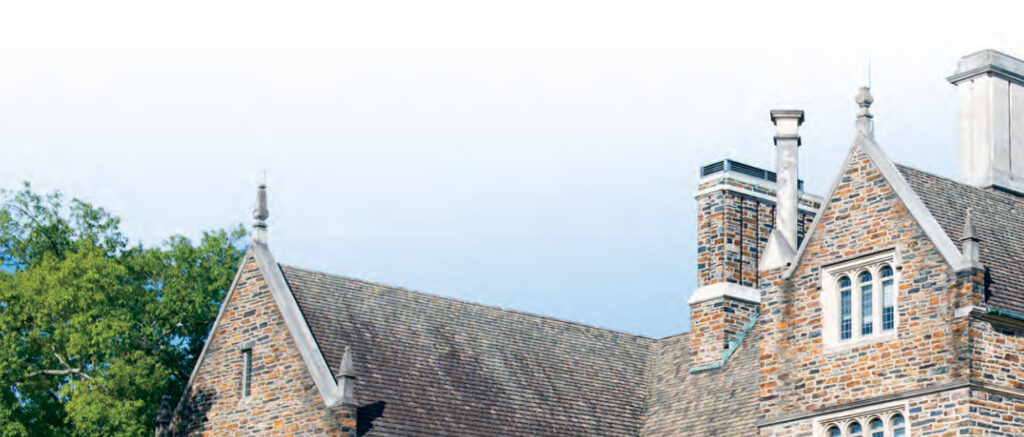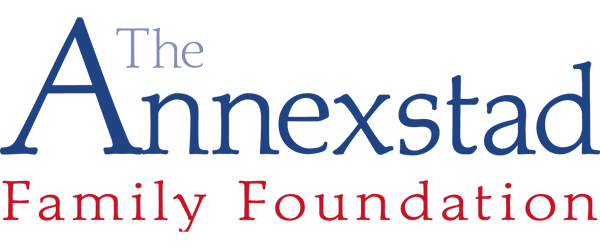
Twenty percent of Duke University’s undergraduates are first-generation students and come from lower-income families. In fact, five out of every ten students receive some form of financial aid. Yet, when admitted, Duke commits to meeting 100% of demonstrated need for these students.
Duke remains one of a small number of “need blind” colleges that admits students without regard for whether they can pay. “It is a high priority for us to ensure that the most intellectually curious, ambitious, globally minded problem-solvers can attend Duke – and thrive here – regardless of a family’s finances or familiarity with higher education,” says Gary Bennett, Vice Provost for Undergraduate Education. James B. Duke, who endowed Duke University in 1924, believed in the transformational power of education to positively affect individuals and communities.
Inspired by that tradition, Duke offers the highest quality education to the most talented students, regardless of their socioeconomic background or their family’s prior educational experience. In recent years, it became clearer that it is not always enough to simply admit students and provide them financial support to reduce or eliminate the cost of tuition and room and board.
To address this issue, the school created Duke LIFE (Low-Income First-Generation). The program benefits approximately 1,300 students by enhancing their academic experiences and promoting their full participation in the university’s intellectual communities. Duke LIFE essentially combined a successful pre-orientation program for 1GLI (first-generation low-income) students with new facets introducing them to Duke’s academic and social culture, campus resources and mentorship program – and the 1GLI students are thriving.
They are invited to attend skill-building workshops and seminars on exploring majors, careers and advanced degrees. Joining the school’s career counseling and resume-writing services, Duke also assists 1GLI students in applying for national scholarships, enrolling in test-prep programs for graduate and professional school and even meeting travel costs for academic conferences and securing professional attire for job interviews.
During the pandemic, Duke LIFE added a new university-wide committee of administrators working with 1GLI students to better coordinate resources and communication including access to remote classes with loaner laptops and wi-fi hotspots. Duke LIFE has strengthened relationships among participating students along with the faculty who serve as volunteer advisors.
Dr. Sachelle Ford serves as the Director of Duke LIFE and the Rubenstein Scholars Program, a premier merit scholarship program created for 120 1GLI students.
Her colleague Colleen Scott serves as Director of the Baldwin Program, focused on providing leadership opportunities to women. Scott shares, “What I love most is connecting with students like the Annexstad Scholars one on one and figuring out how I can best support them through their college journey,” she says. “It has been rewarding to help guide them, sometimes being a cheerleader, sometimes being the voice that reminds them that one bad grade does not define their worth.
“Many students want to pack every minute of every day with activities,” she adds. “Leaving no time for rest, reflection and just being has costs. We are there to support them when having it all becomes too much.”
Annexstad Scholar Vanessa Real Williams is a senior studying Public Policy. She shares, “Through Duke LIFE, we have been given the opportunity to engage in so many interesting activities. Currently,
I am the president of Duke Splash, a college-for-a-day program for middle and high schoolers. I have also been a part of the Human Rights Student Advisory Board, joined Illyria (a women’s organization) and written articles for Duke’s undergraduate law magazine.
“I remind myself daily of the sacrifices my dad made to ensure that I would have a good education and the support given to me by The Annexstad Family Foundation,” she adds. “With graduation next May, I hope to attend law school and focus my career on protecting people’s rights to water and sanitation health both nationally and internationally.”
Junior Haseeb Arif Chaudhry is expected to graduate in 2023 with a degree in Electrical and Computer Engineering and Computer Science.
During COVID, Dukereally stepped up and “has provided tremendous resources for students in all areas and from all socioeconomic backgrounds including wellness and advisory resources to help manage the transition between in-person classes to online classes,” he shares. “As the class structure changed, so did the workload.
Duke’s Academic Resource Center helped me manage my time, build a better pandemic schedule and offered Wellness Day activities including picnic-style events and outdoor gatherings. This allowed me to connect with fellow students in a more natural setting and not feel so alone.
“Thanks to The Annexstad Family Foundation and Duke, my goal of working for either a leading space technology company focused on advancing humanity’s reach for the stars or a high-tech robotics company focused on helping us here on Earth is well within reach.”

